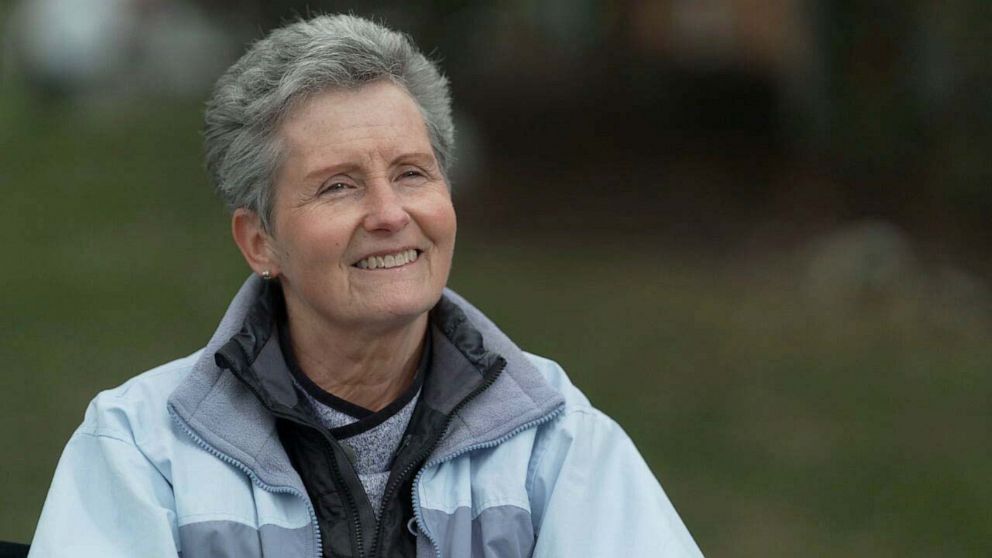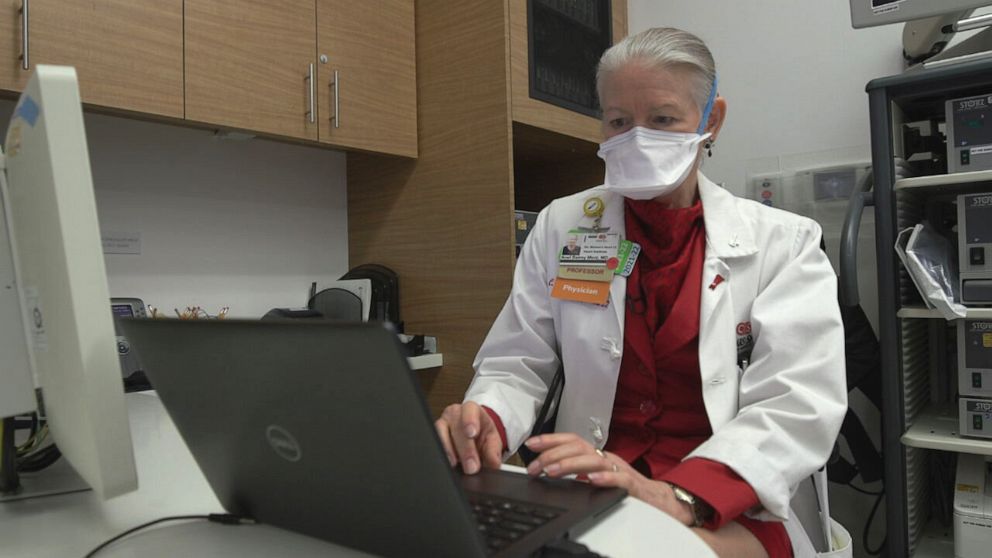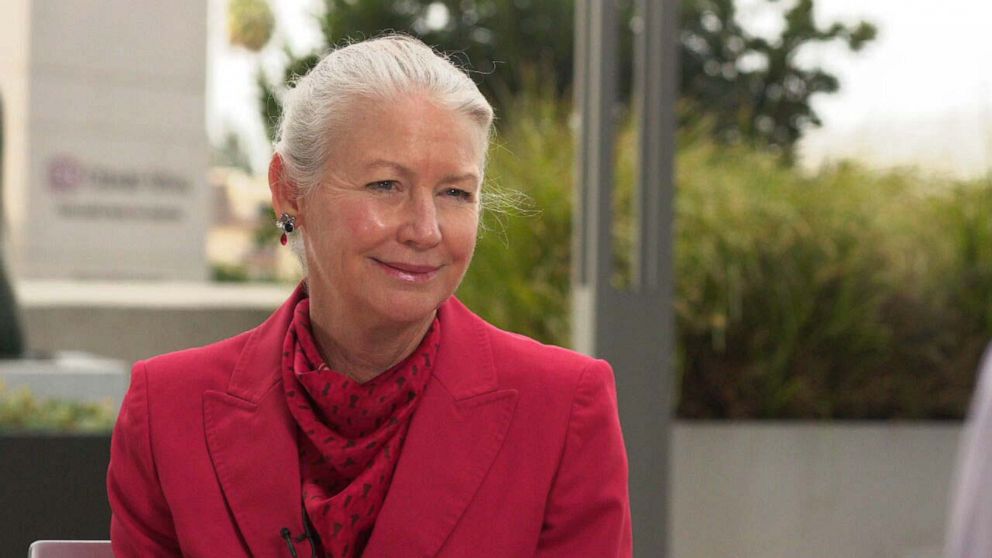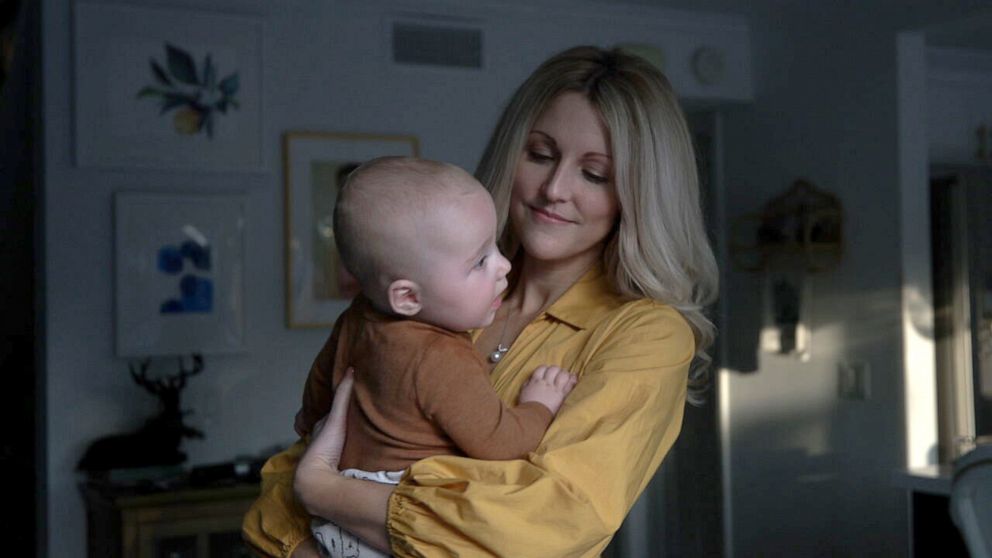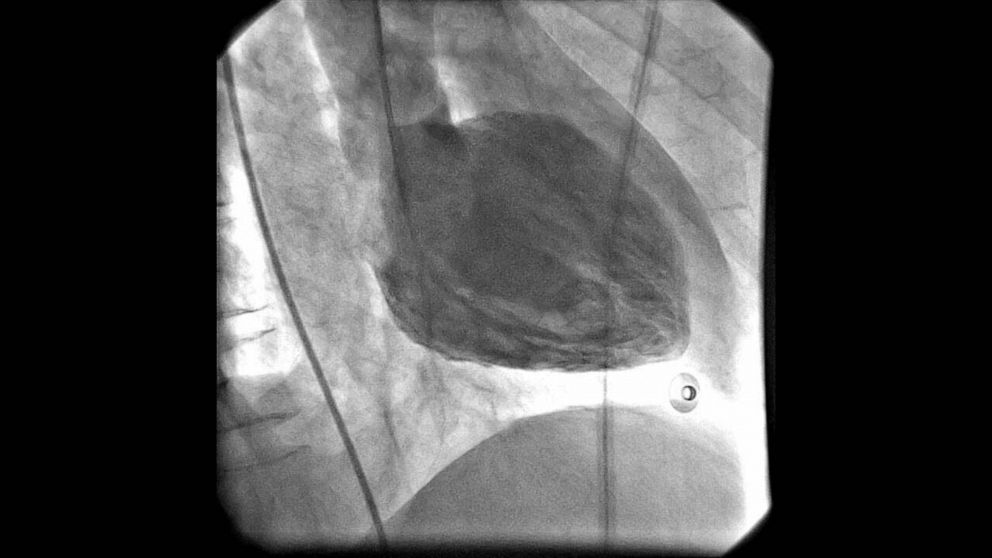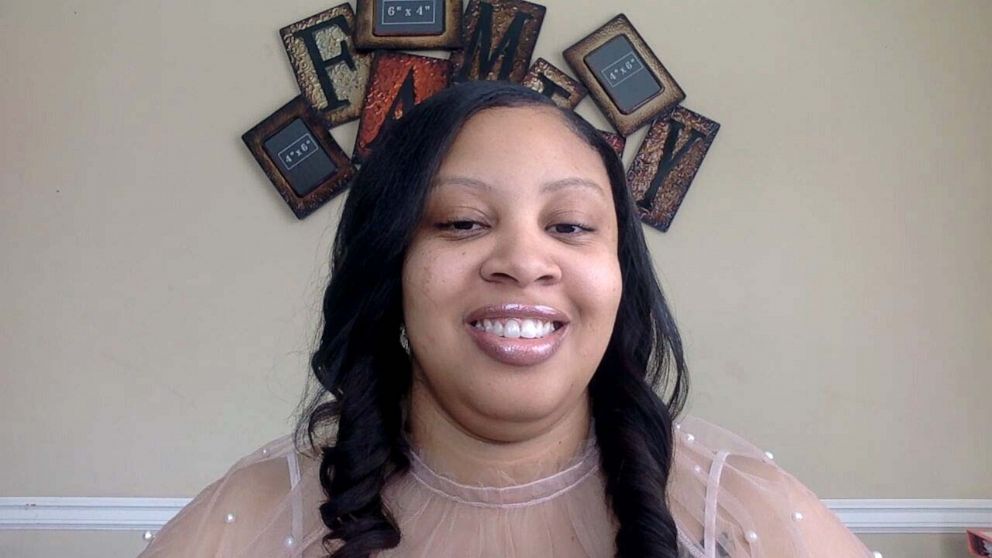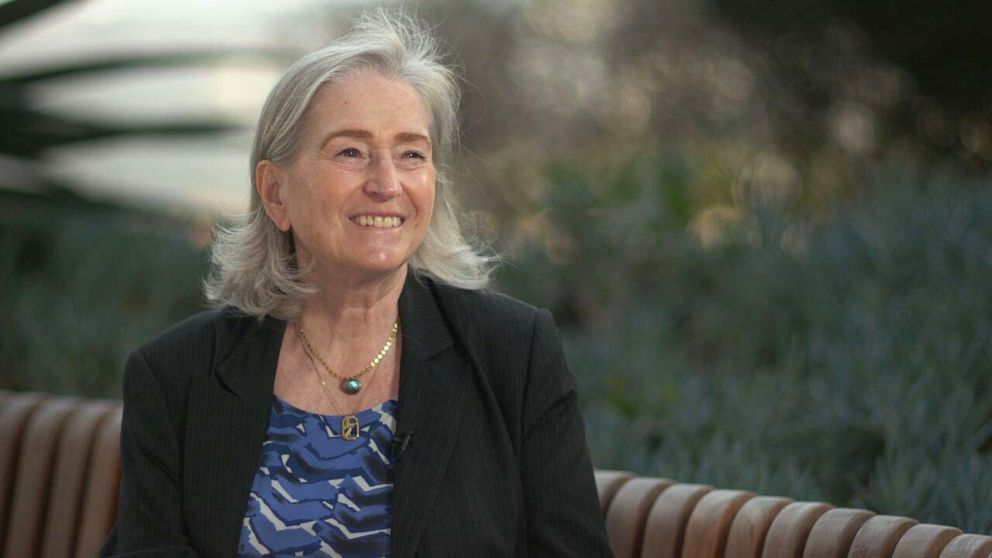Cases of 'broken heart syndrome' surge during COVID; condition triggered by intense emotional stress
Imaging data illustrates how stress can literally break a heart.

BROOKEVILLE, Md. -- Groundbreaking research by several top American medical centers has identified a COVID pandemic spike in cases of so-called "broken heart syndrome," a potentially deadly stress-induced heart condition that doctors say is disproportionately impacting women.
"My heart felt like it was pounding out of my chest," said Mary Kay Abramson, 63, of Brookeville, Maryland, who was diagnosed with the condition last year. "It just felt like the blood just couldn't get through the heart fast enough."
An otherwise healthy and active corporate travel agent, Abramson said the episode occurred without symptoms or warning signs and even surprised the doctors trying to diagnose it.
"[My cardiologist] comes up to my head and says, 'have you been under a lot of stress, because your arteries look fine?'" Abramson said of the hospital bed conversation last year. "So, yeah, a little bit: I've been furloughed for three months. COVID is going on. You know, can't get out and do things. We're shut down. So, yeah, I have been under a lot of stress!"
It was a classic case of Takotsubo cardiomyopathy, or broken heart syndrome, her doctors say. The rare but dangerous form of heart disease is triggered by intense emotional or physical stress when a sudden flood of hormones is believed to stun the heart into pumping less efficiently.
Teams of experts at Cedars-Sinai in Los Angeles, Cleveland Clinic and Johns Hopkins have each been tracking a recent surge in cases, likely spiking substantially during the pandemic, they say. The data is still being gathered and long-term implications examined.
"I don't know how much we can really blame COVID, or how much of this is that we're just recognizing more of it," said Dr. Noel Bairey Merz, director of the Barbra Streisand Heart Center at Cedars-Sinai. "But heart disease is the leading killer of women and all ages, including teenagers, midlife women and older women. This is just a component of that major killer. So it's really something that needs to be addressed."
Bairey Merz says cases of broken heart syndrome have risen up to 10 times faster among middle-aged and older women than among younger women and men over the last decade. The disease is most common in this group as well.
Thirty-four-year-old tech recruiter Jenna Pilja of Huntington Beach, California, thought she was mentally prepared to give birth to her first child during COVID but was suddenly overcome last year after an emergency Cesarean section, potentially triggering a broken heart episode.
"Hearing that my son might not have been OK, that certainly could have triggered me, maybe more because of past trauma," Pilja said. "Despite being on pain medication, I was able to feel some concerning symptoms. I had really bad dizziness and I had the worst headache I've ever had in my life."
Her doctor later diagnosed the episode as a probable case of Takotsubo cardiomyopathy. Pilja is still undergoing evaluation but is expected to make a full recovery.
"As cardiologists, we always think the heart is the most important organ. It's the brain and the brain controls everything," said Bairey Merz.
The brain-heart connection is at the center of Dr. Bairey Merz's research at the Cedars-Sinai Smidt Heart Institute. ABC News got an exclusive look inside the hospital's high-tech simulation center where imaging data illustrates how stress can literally break a heart.
"You hear people say, 'oh, she's broken-hearted' or somebody is broken-hearted because they had a breakup... but they may come in with this and it's a real diagnosis. It was just, like, unbelievable to me," said Zearlisha Kinchelow, 35, a single mom and nursing student in Kansas City, Missouri., who was diagnosed with a broken heart.
"They just told me I was at 10% heart function," she said. Her heart function has since returned to normal with therapy and changes to her diet and exercise, she said.
For Elaine Kamil, 75, a pediatric nephrology specialist in Los Angeles, immense grief after the unexpected death of her 31-year-old-son physically took a toll on her heart.
"The pain was severe. I got lucky," said Kamil, who believes she has had multiple episodes of broken heart syndrome in the past few years. "I think it's important to make sure that whoever you're seeing -- cardiologists understand Takotsubo [cardiomyopathy] and what the best treatments there are."
While many hearts heal quickly, Bairey Merz says one in five people who suffers a broken heart will have another attack within 10 years.
"Taking care of yourself is definitely more than, you know, just taking care of your body,' said Pilja. "It's really about looking after your mental health and your overall well-being and making sure that you're taking time to engage in activities that help relax you and help you process your emotions in a useful way."
Growing evidence suggests doing so is one key to maintaining a healthy heart.


